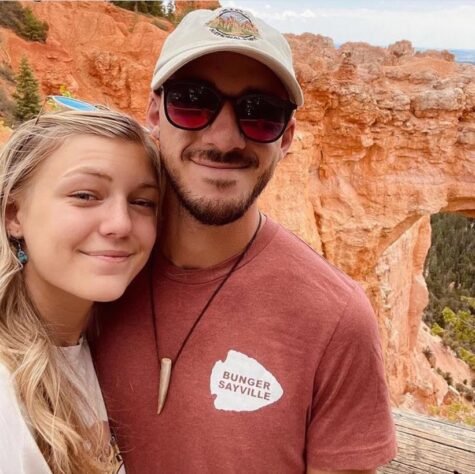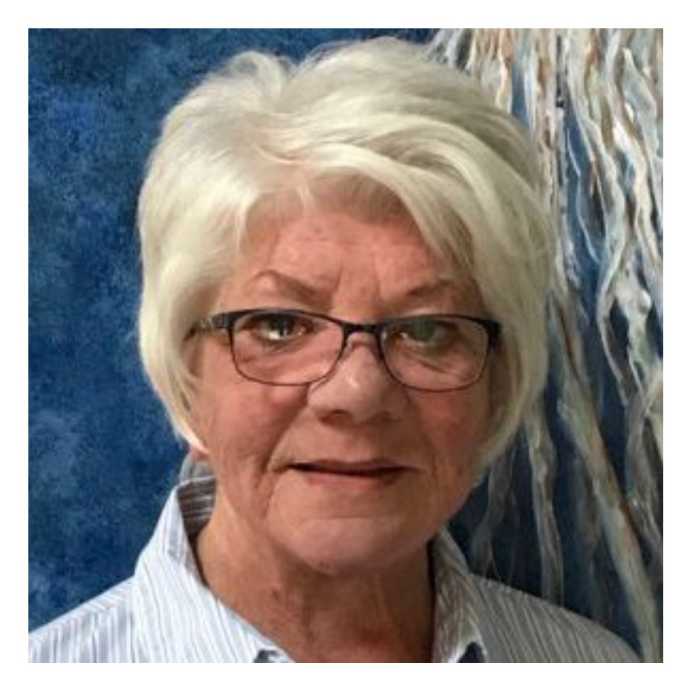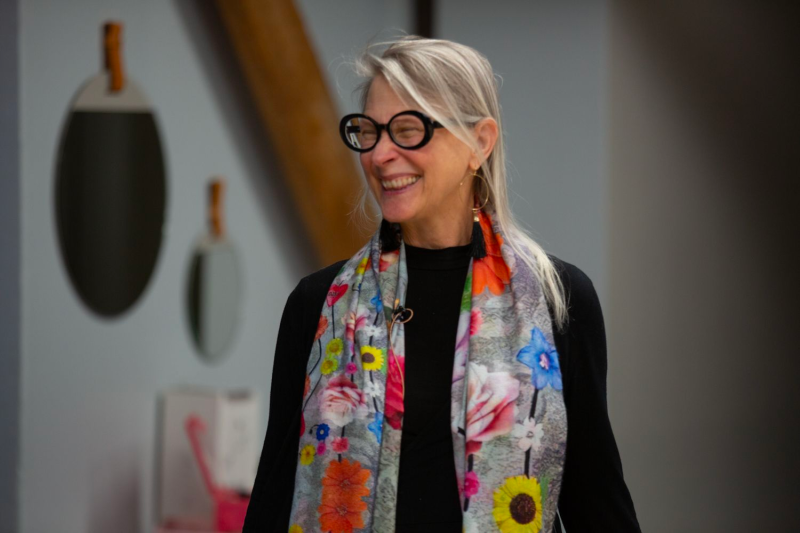Gabby Petito and Brian Laundrie were native children born and raised across the bay on the South Shore of Long Island. They are two of our own, which may explain part of why Long Islanders can’t get enough of this real-life melodrama. However, their story has gone viral across the nation and around the globe as well – and we consumed every bit of it. Petito’s mysterious disappearance during a cross-country van trip with Laundrie led to the nationwide search that eventually uncovered her body in Wyoming’s Bridger-Teton National Forest, followed by the manhunt for Laundrie, which ended in the discovery of his remains in a swampy park in North Port, Florida. This has become part of American media culture. So too have those photogenic selfies and Petito’s YouTube blog videos portraying an idyllic life when their reality was anything but. While there has been much media discussion, little of this discourse has taken a clinical perspective. When therapists work with clients, we seek out clues with two primary dynamics often in focus: repression and projection. Our minds attempt to address conflict and resolve pain using these two defense strategies. Repression occurs when the human mind struggles to integrate issues involving people, places, and things that can be assimilated into our preconscious and unconscious memory. In simpler terms, it’s when our minds strive to neutralize painful memories by compartmentalizing them, then combining factors to carry on. Projection takes preexisting identifications with trauma or experiences and projects them onto outside people, places, and circumstances to manage issues triggered by external stimuli. When studying the tragedy of Petito, I reviewed the available information and noticed commentary that had distinct projective markers:Petito, the Blue Point beauty was a fragile and vulnerable person who made poor choices as far as relationships go.
-
Public opinion on her has varied from a powerless victim to a courageous fighter caught up in a torturous abusive relationship.
Wanting to understand the range of public opinion better, I noticed Petito’s story had the power to elicit both tears and pity. To project such traits on a girl we don’t know is fascinating. Then again, who isn’t moved by the video cam from the police traffic stop in which she couldn’t stop crying? I too felt an extreme need to rescue her from what was now appearing to be a monster. Was Laundrie the victim? Was Petito the victim? Even reality TV crime stopper personalities jumped on the bandwagon to weigh-in. As this tale continues to unfold his behavior and that of his parents are reinforcing multiple dark projections. From a neurological standpoint there are both left-brain and right-brain spectators involved here. The left side of our brains is geared towards picking out details; so when a person is more left hemisphere dominant they will watch this external drama unfolding as a detective would, looking through the objects at a crime scene and spewing out facts about the case. Right-brain individuals will try to connect to the emotional torment Petito went through with the struggle of others they may know personally in an abusive relationship. Mind you, these behaviors are mostly unconscious dynamics we all use. During this complicated time in history when trust is constantly challenged it does appear that projection is the defense of choice – Petito reinforces the vigilance we feel for our own children, and in Laundrie the quest for justice, even revenge.There are lessons to be learned in the story of Petito and Laundrie. Their sad story is universal, with troubled couples in small towns and big cities everywhere, but most will not receive such global media attention, and their names will by and large remain unknown. I hope the human race will evolve enough to keep us safe and lovingly compassionate.
Daniel Costello is an LCSW Master Clinician with Advanced Counseling Associates in Bay Shore. He is a military veteran with over 40 years of experience as a therapist healer and educator, as well as the author of three books. Sponsored by Advanced Counseling Associates advancedcounselingassociates.com


























